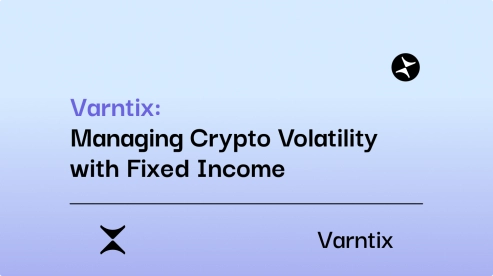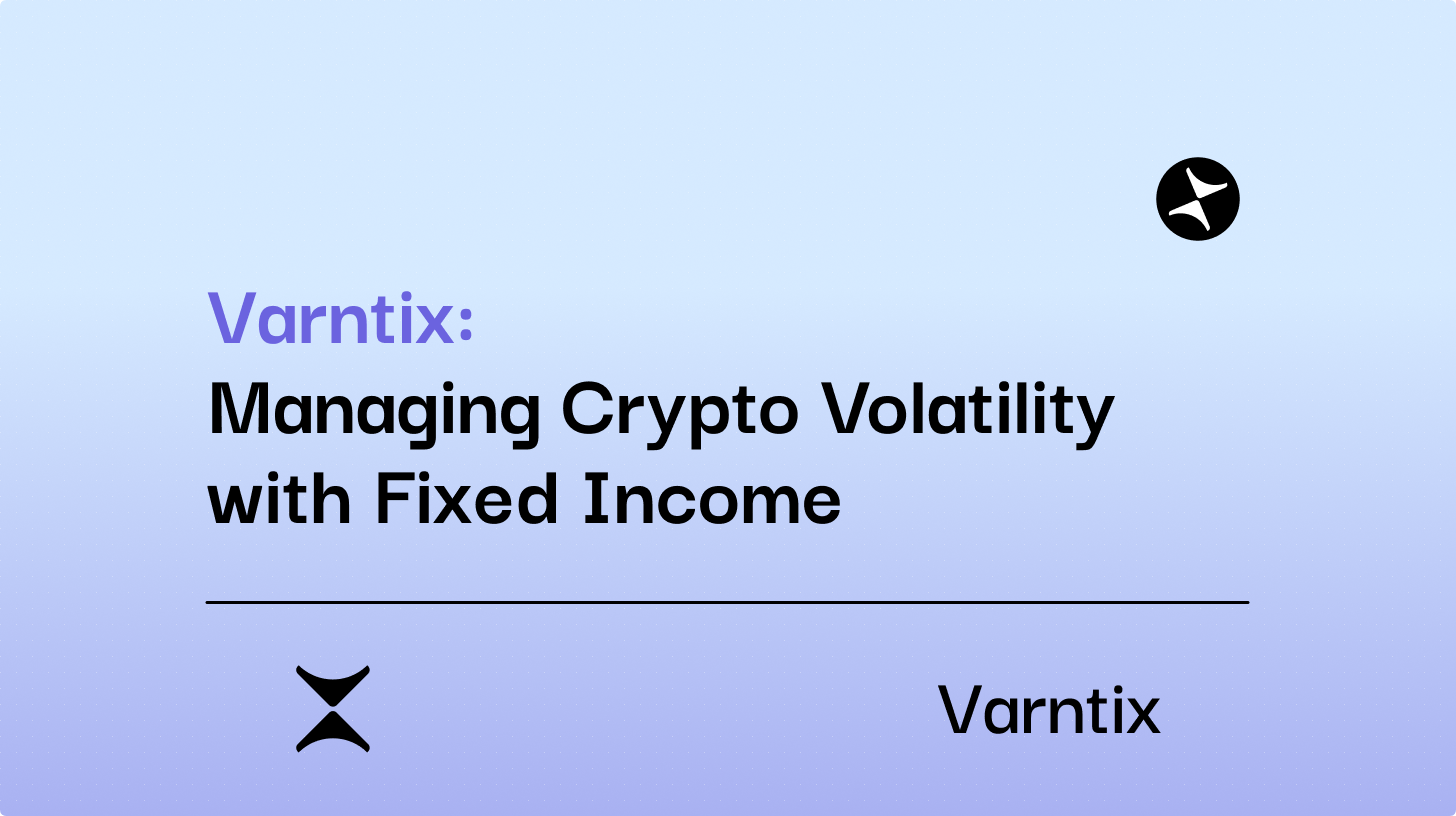The Blockchain Revolution: Streamlining and Cost-Effective Real Estate Investments
Real estate investment provides several perks like steady cash flow, passive income, leveraging opportunities, and diversification. Investors can earn not just from property value increases and rental income. Amid economic instability, property prices are steadily climbing. In the Eurozone, house prices rose by 1.9% during the second quarter of 2024 after a stagnant first quarter. Despite a slight deceleration to 1.4% in the third quarter, this was enough to elevate them back to 2022 peaks.
With debt funds outperforming equity funds and private credit gaining traction, loans are becoming a favored investment strategy, complementing property price hikes. The substantial cost of real estate is a clear barrier; however, the trend of tokenizing real-world assets (RWAs), including real estate, is gaining momentum. This allows multiple transactions on a single property to be executed in mere seconds.
Real estate, traditionally a very illiquid asset, usually attracted interest in key markets only. Tokenization opens doors for smaller investors, aligning with market demands.
Blockchain: Boosting Ownership and Investment Efficiency
A new platform now merges traditional land registries with blockchain technology. Blocksquare, a company providing blockchain solutions for real estate tokenization, has recently formed Blocksquare SARL. This venture is launching in Luxembourg as the pioneer platform to directly integrate with land registries.
Tokenizing real estate complies with EU regulations, supported by notarized transaction agreements. Blocksquare’s system lets property owners retain full ownership while tokenizing the assets' economic rights. This system involves Blocksquare Property Tokens (BSPT), granting investors legally protected economic rights. Tokens are produced and distributed for each tokenization, with the owner acquiring them through a borrowing mechanism. A lien secures the loan on the property title, facilitated by a notary. Subsequently, the owner adopts a legally binding resolution to transfer these rights to BSPT holders. These rights, stemming from lease income, property sales, and similar revenue sources, are crucial in evaluating commercial property, where investors usually seek specific returns.
Once the transaction is finalized, investors obtain a share in a property via BSPT tokens, which they can trade on secondary markets to enhance liquidity.
Crypto Real Estate Purchases: A Growing Stability
Likewise, buying real estate using digital currencies is on track to become a staple in the market. Cryptocurrency real estate deals have been continuously rising since 2022, marking a notable shift in investment approaches. Buyers increasingly favor stablecoins for these transactions due to their lower volatility compared to Bitcoin and other altcoins. This shift is significant not just for investors but also for developers, real estate agents, and wealthy individuals, making property investments more accessible. Digital platforms are fostering this trend by facilitating third-party settlements, broadening market reach, and simplifying global real estate navigation.
Crypto real estate transactions can bypass intermediaries like banks and lawyers, as parties execute deals directly through a blockchain platform. The typical process is as follows:
The buyer selects a property and informs the seller of their intention to pay with cryptocurrency. The parties then finalize an agreement using a blockchain-based platform that supports such transactions. They negotiate sale terms, including the price, and complete the sale contract. Accounts are set up on the platform, and a copy of the property contract is provided. Payment is made in accordance with this contract. Some platforms offer currency conversion to fiat, but there's also the option to transfer the sale amount in crypto.
Crypto Mortgages: No Credit Scores or Down Payments
Crypto lenders typically overlook credit and income assessments of the borrower. Furthermore, there's no requirement for a down payment. Borrowers must stake cryptocurrency equivalent to the loan amount, with potentially less required if using USDC. The property itself acts as collateral for the mortgage.
Those taking out crypto loans can purchase property without liquidating their crypto holdings, which also serve as mortgage collateral. Funds remain in an escrow account until the loan is fully paid off by the buyer. This means they don't need to sell their crypto to buy property and avoid capital gains tax.
The absence of a down payment is offset by the fact that crypto mortgages are backed by both the home and the crypto assets. These loans are overcollateralized, negating the need for a down payment. Additionally, lenders may exhibit more flexibility regarding credit ratings due to the extra collateral, with few requiring credit scores.
Crypto mortgage providers often offer lower interest rates compared to traditional lenders. Loans exceeding $5 million are available. However, risks persist: if the currency's value drops significantly, lenders might demand additional crypto or fiat to secure the loan—this is known as a margin call.
Fees and Taxes When Buying Real Estate with Crypto
If you sell crypto that has appreciated since you acquired it, you’ll owe capital gains tax on the difference between its purchase price and value when buying property. Rates vary based on factors such as income, holding duration, and country.
You’ll also be subject to standard property taxes (stamp duty, land transfer tax, etc.), similar to cash transactions, as dictated by local regulations. Some areas may require you to convert crypto to fiat before completing the deal, potentially incurring extra fees and conversion costs.
Disclaimer: This article is provided for informational purposes only. It is not offered or intended to be used as legal, tax, investment, financial, or other advice.
Investment Disclaimer


















